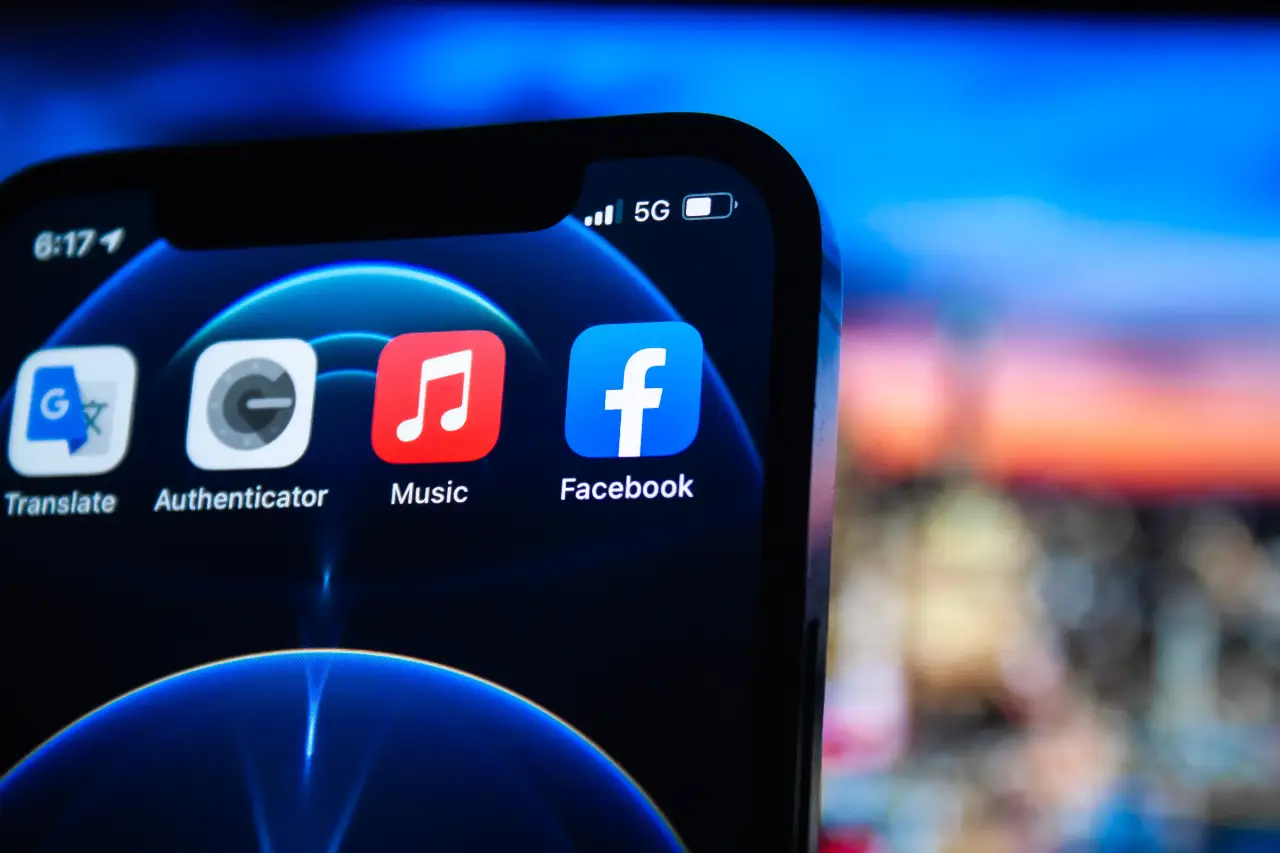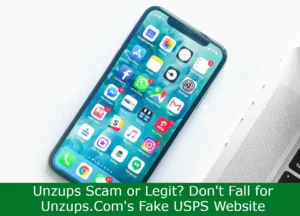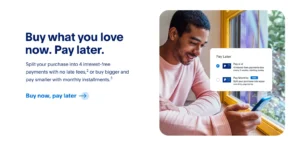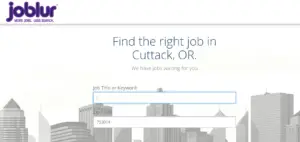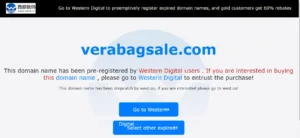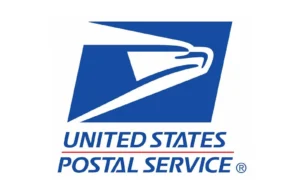6 Digit Code Scam Facebook – Are you aware of the rising trend of 6 digit code scams on Facebook? Scammers are taking advantage of Facebook’s verification system to trick unsuspecting users into sharing their personal information.
It’s crucial to understand the dangers of sharing these codes and to recognize the warning signs of a text scam.
In this article, we will explore how you can protect yourself from falling victim to a 6 digit code scam and what steps to take if you’ve been targeted.
The Rising Trend of 6 Digit Code Scams
You should be aware of the rising trend of 6 digit code scams on Facebook. These scams involve fraudsters posing as trusted individuals or companies, sending you a message claiming that they need your help to verify their account or secure a prize. They then ask you to provide them with a 6 digit code that you receive via text message.
However, this code is actually a verification code that is meant for you to log in to your own account. By providing them with this code, you unknowingly give scammers access to your account, allowing them to take control, steal personal information, or carry out other malicious activities.
To protect yourself, always be cautious of messages requesting your 6 digit code and never share it with anyone.
How Scammers Exploit Facebook’s Verification System
Avoid falling for the trap of scammers on social media platforms by being aware of how they exploit the verification system used by Facebook.
Scammers are becoming increasingly crafty in their attempts to deceive unsuspecting users. They prey on the trust people have in Facebook’s verification process to gain access to personal information and even hack into accounts.
One common tactic involves sending fake messages claiming to be from Facebook support, stating that your account is at risk and requesting a verification code. They trick you into sharing the code, which they then use to take control of your account.
It’s important to remember that Facebook will never ask for your verification code through messages. Stay vigilant and never share your verification code with anyone, keeping your account safe from scammers.
Unveiling the Dangers of Sharing 6 Digit Codes
Unveiling the dangers of sharing those 6-digit verification codes through messages is crucial to protecting your personal information and preventing unauthorized access to your account.
When you receive a 6-digit verification code, it is meant for you and you alone. Sharing it with others, especially through messages, puts you at risk of falling victim to scams and identity theft.
Scammers can use these codes to gain access to your accounts, posing as you and engaging in fraudulent activities. They can hijack your social media profiles, send malicious messages to your contacts, or even steal sensitive information stored in your account.
Recognizing the Warning Signs of a Text Scam
By familiarizing yourself with the warning signs, you can easily identify potential text scams and protect your personal information.
One of the most common warning signs of a text scam is receiving unsolicited messages asking for your personal information. Be cautious if you receive a text requesting your bank account details, passwords, or social security number.
Another red flag is receiving messages that claim you have won a prize or a lottery, especially if you didn’t enter any contest. Scammers often use these tactics to trick you into providing them with your sensitive information.
Additionally, be wary of texts that contain suspicious links. These links may lead you to phishing websites designed to steal your personal data.
Protecting Yourself From Falling Victim to a 6 Digit Code Scam
If you receive a suspicious message asking for a six-digit number, it’s important to stay vigilant and protect yourself from potential scams. Scammers often use this tactic to gain access to your personal information or accounts.
Remember, legitimate organizations will never ask for your six-digit code or any other sensitive information through text messages or social media platforms like Facebook. To protect yourself, refrain from sharing the code with anyone and delete the message immediately.
Additionally, enable two-factor authentication on your accounts to add an extra layer of security. Be cautious of any unexpected messages, especially those that ask for personal information or involve financial transactions.
Steps to Take if You’ve Been Targeted by a Text Scam
To protect yourself after being targeted by a suspicious message, you should immediately report it to your phone carrier and take steps to secure your personal information.
Start by contacting your phone carrier and informing them about the suspicious message. They can investigate the issue and potentially block the sender from contacting you again.
Next, change your passwords for all your accounts, especially those linked to your phone number. This will help prevent unauthorized access to your personal information.
Be cautious about sharing any sensitive information through text messages or phone calls, as scammers may try to trick you into revealing more details.
Remember to enable two-factor authentication for your accounts to add an extra layer of security.
Frequently Asked Questions
What Is a 6 Digit Code Scam on Facebook?
A 6-digit code scam on Facebook is a deceptive scheme. Scammers pretend to be a legitimate entity and trick you into providing a 6-digit code.
Be cautious and never share this code with anyone.
How Can Scammers Exploit Facebook’s Verification System to Carry Out 6 Digit Code Scams?
Scammers can exploit Facebook’s verification system by tricking you into sharing your 6-digit code. They may pretend to be a friend or claim it’s for security purposes.
Never give out the code to anyone, as it grants access to your account.
What Are the Potential Dangers of Sharing 6 Digit Codes With Scammers?
Sharing 6 digit codes with scammers can lead to potential dangers. These dangers include identity theft, unauthorized access to your accounts, and financial loss. It is important to always be cautious and refrain from sharing sensitive information with unknown individuals.
What Are Some Warning Signs That Indicate You May Be Targeted by a 6 Digit Code Scam via Text?
If you receive a text asking for a 6-digit code, be cautious. Scammers may try to trick you into sharing the code, giving them access to your accounts.
Stay alert and never share sensitive information.
What Steps Can You Take to Protect Yourself From Becoming a Victim of a 6 Digit Code Scam?
To protect yourself from a 6 digit code scam, be cautious of unsolicited texts asking for verification codes. Don’t share these codes with anyone, as scammers may attempt to hack your accounts or gain access to personal information.
6 Digit Code Scam Facebook – Conclusion
In conclusion, it’s crucial to stay vigilant and cautious when it comes to protecting yourself from 6 digit code scams on Facebook.
By recognizing the warning signs and being aware of the dangers of sharing these codes, you can take steps to safeguard your personal information.
If you do fall victim to a text scam, it’s important to act quickly and report it to the appropriate authorities.
Stay informed, stay alert, and stay safe in the digital world.
Also Read
Howler Brothers Outlet Scam or Legit? Don’t be Fooled!
Solugenix Scam Exposed – Don’t Fall Victim
Faithwaveca.Com Legit or Scam? Exposing the Dark Side
Also Read
Monorolls.Com Legit or Scam? – Unmasking the Truth
Bounce Tech Ltd Scam Explained – Don’t Be a Victim!
Jordan Jersey Scam or Legit? – Don’t Be Fooled!
Also Read
Uhtups Scam or Legit? Don’t Fall for Uhtups
Freecycle Data Breach Scam – Protect Yourself Now
Career Oblige Scam or Legit? Unmasking the Career Oblige
Also Read
Summerlo Scam or Legit? – Don’t be the Next Victim of Summerlo.Com
Nishkollections Scam or Legit? – Nishkollections.Com Exposed
Is Plinko a Scam or Legit? – Find out the Truth About Plinko!
Also Read
Cincinnati Black Wall Street Scam on Facebook – Don’t Be Fooled

